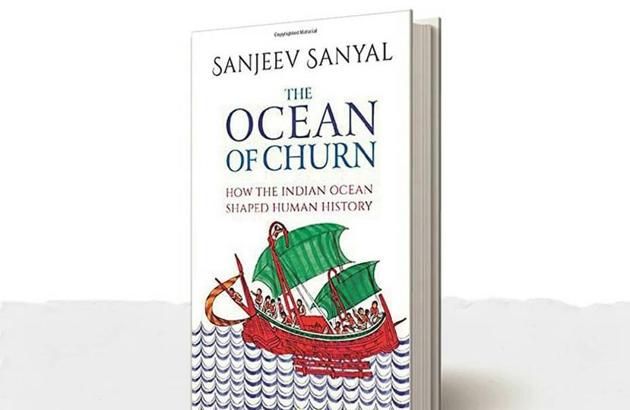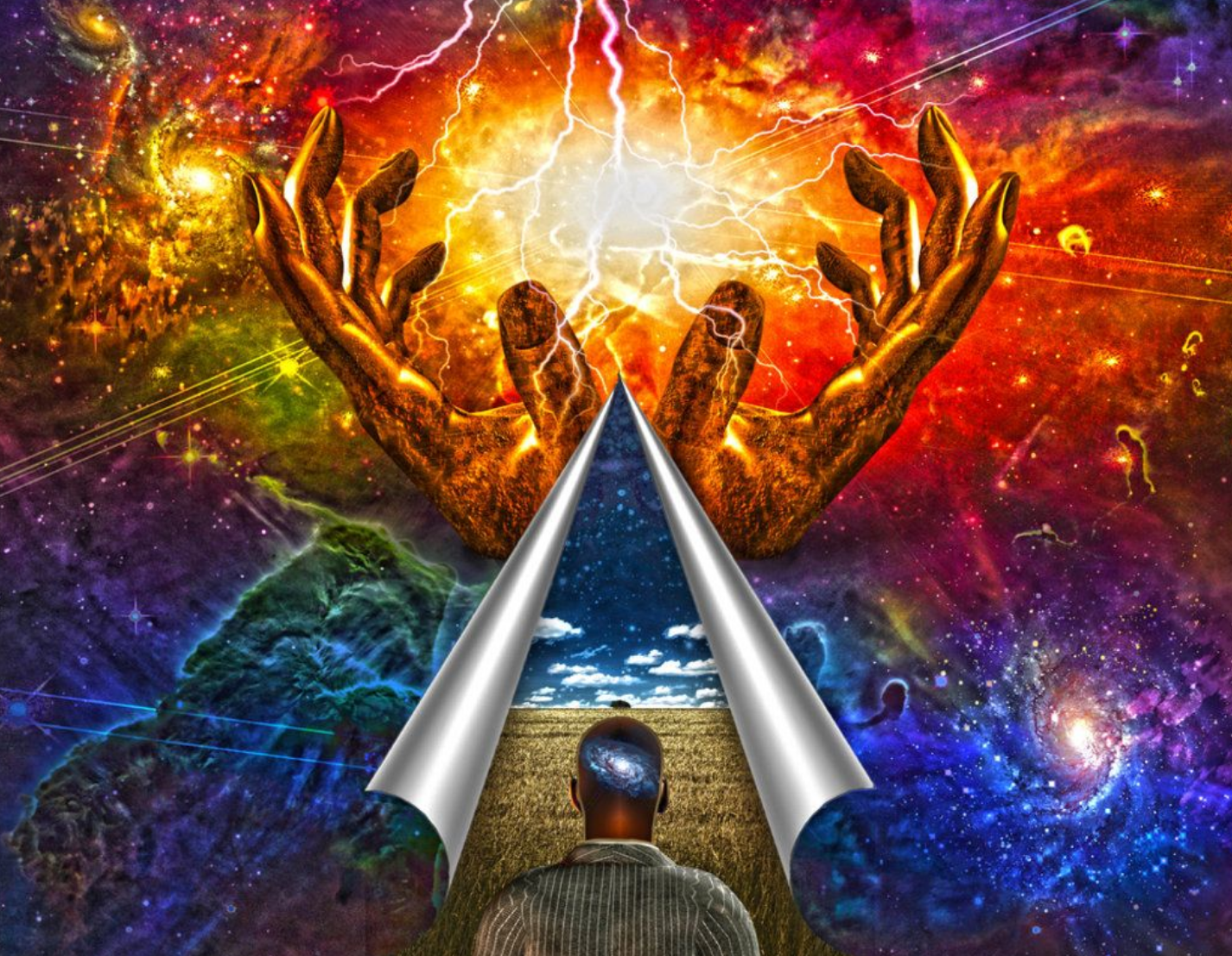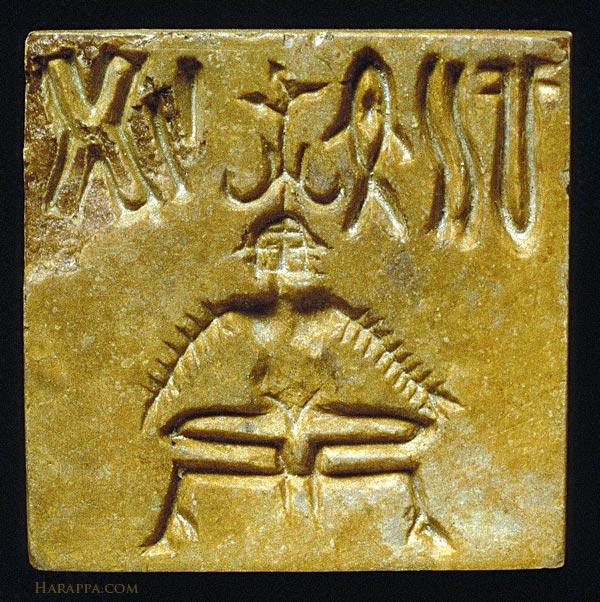- Visitor:30
- Published on:
The Philosophy of History
The collapse of communism and the obvious failure of the framework to explain most events has led to its sharp decline in the twenty-first century. This has opened up the field to other philosophical frameworks…Viewed from the complex adaptive perspective, history flows from the constant interaction of factors including technological innovation, geography and nature, grand social and economic forces, the actions of great individuals but also of not-so-great individuals, culture and ideology, pure chance and, who knows, perhaps even the occasional divine intervention.

The flow of historical events, the causes and effects, have been explained in numerous ways over time. In pre-modern times, the divine intervention of gods or of a monotheistic God was seen as a key driver of events, especially of sudden changes in direction.

Those with a deterministic world view would blame Fate or their stars. Another popular way to explain history was to focus on heroic (or demonic) individuals whose thoughts and actions disproportionally influenced the course of history. This Great Man Theory may have been formalized in the early nineteenth century by writers like Thomas Carlyle, but the idea is embedded in most pre-modern histories and remains an important influence to this day. This should not be surprising since most history writing was financed directly or indirectly by ‘great men’ who liked to highlight their own importance.
Perhaps as a reaction to the Great Man Theory, by the late nineteenth century we see the rise of philosophies that emphasize grand social and economic forces. This approach de-emphasized the role of individuals and presented them as part of a larger machinery. Marxist history is a product of this line of thinking where events are driven by grand, inevitable socio-economic forces. In the Marxist version, the narrative of history flows along a predetermined track like some Victorian steam engine driven by the inescapable laws of Newton. Having thus framed history, Marxism could claim to foretell the end of history. As Eric Hobsbawm puts it, ‘Marx wanted to prove a Priori that a certain historical result, communism, was the inevitable result of historical development. But it is by no means clear that this can be shown by scientific historical analysis. ‘
Marxist history was very influential through much of the twentieth century in academia, including in non-communist countries. However, the collapse of communism and the obvious failure of the framework to explain most events has led to its sharp decline in the twenty-first century. This has opened up the field to other philosophical frameworks.
My own writing, on subjects ranging from economics to urbanism, is strongly influenced by the fact that I view the world as a Complex Adaptive System – a chaotic place where the flow of events is influenced by the constant and often unpredictable interactions between a host of factors and independent agents. Examples of complex adaptive systems include ecological systems, financial markets, economies, the English language, cities, weather systems, the fluid messiness of these with the neat but rigid architecture of mechanical systems that follow the laws of Newton. Thus viewed from the complex adaptive perspective, history flows from the constant interaction of factors including technological innovation, geography and nature, grand social and economic forces, the actions of great individuals but also of not-so-great individuals, culture and ideology, pure chance and, who knows, perhaps even the occasional divine intervention.
In other works, history is not a predetermined path but the outcome of complex interactions that, at every point in time, can lead down many paths. This does not mean that history is completely random. Some outcomes are more likely than others and some patterns do emerge even if the flow of history does not quite repeat itself. As Mark Twain is said to have remarked, “History does not repeat itself, but it rhymes.” A number of other thinkers have also used this general framework to analyse history. An interesting derivative put forward by historians like Niall Ferguson is to explore the counterfactuals or ‘What ifs’ of history. What if there had been no American War of Independence? What if Kennedy had survived the assassination attempt? While counterfactual histories can be useful to highlight the contingent nature of history and are often very entertaining, I am personally skeptical of them because the alternative scenario cannot be meaningfully recreated in a world where even the fluttering wings of a butterfly can influence the future state of the world. If Kennedy had not been assassinated, many other things would have also not happened – who knows then the path that history would have taken?
One of the implications of the complex-adaptive system framework is to recognize that once a particular path has been taken, all later events are influenced by it (this is called path dependence).
It does not matter if this particular path was highly improbable to start with – once the turn is taken, it is hardwired into history and all subsequent events derive from it. All other paths, no matter how probable beforehand, are now dead. A corollary of such thinking is the Law of Unintended Consequences. History is full of them and one hopes that this realization will make ‘great men’ a little less certain of their impact on the course of history. By the same token, history is influenced by the actions of many ordinary men and women. This is why I have taken care to include a few of their stories in this book: the merchant Naruttam who helped the Omanis capture Muscat from the Portuguese in order to save his daughter; and Odakkal Mohammad who participated in the naval revolt in Bombay in 1946.
Bibliography: The Philosophy of History, The Ocean of Churn: How the Indian Ocean Shaped Human History, Sanjeev Sanyal, Imprint: India Penguin, pp. 11-13, 2017
Center for Indic Studies is now on Telegram. For regular updates on Indic Varta, Indic Talks and Indic Courses at CIS, please subscribe to our telegram channel!
- 15 min read
- 0
- 0










